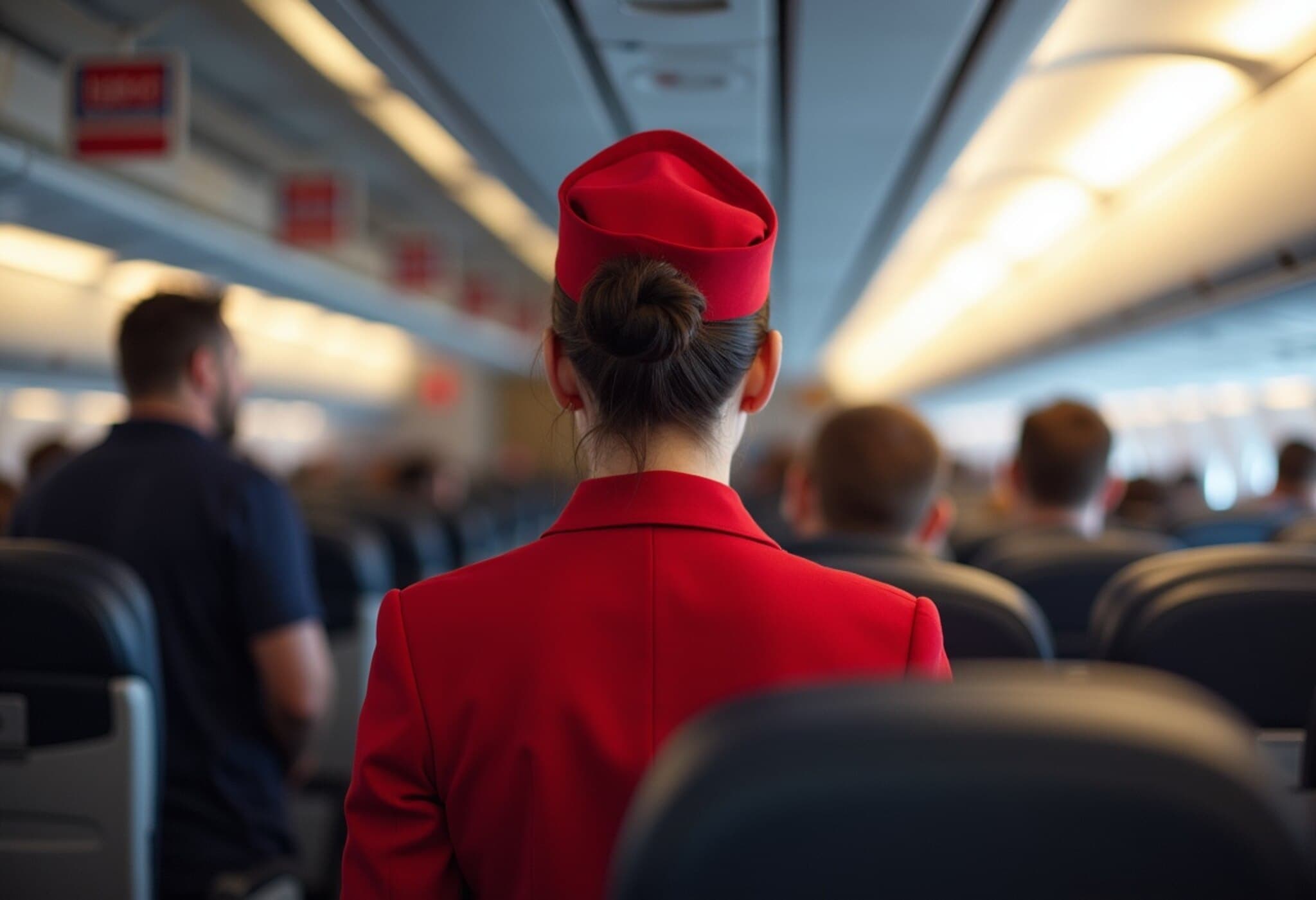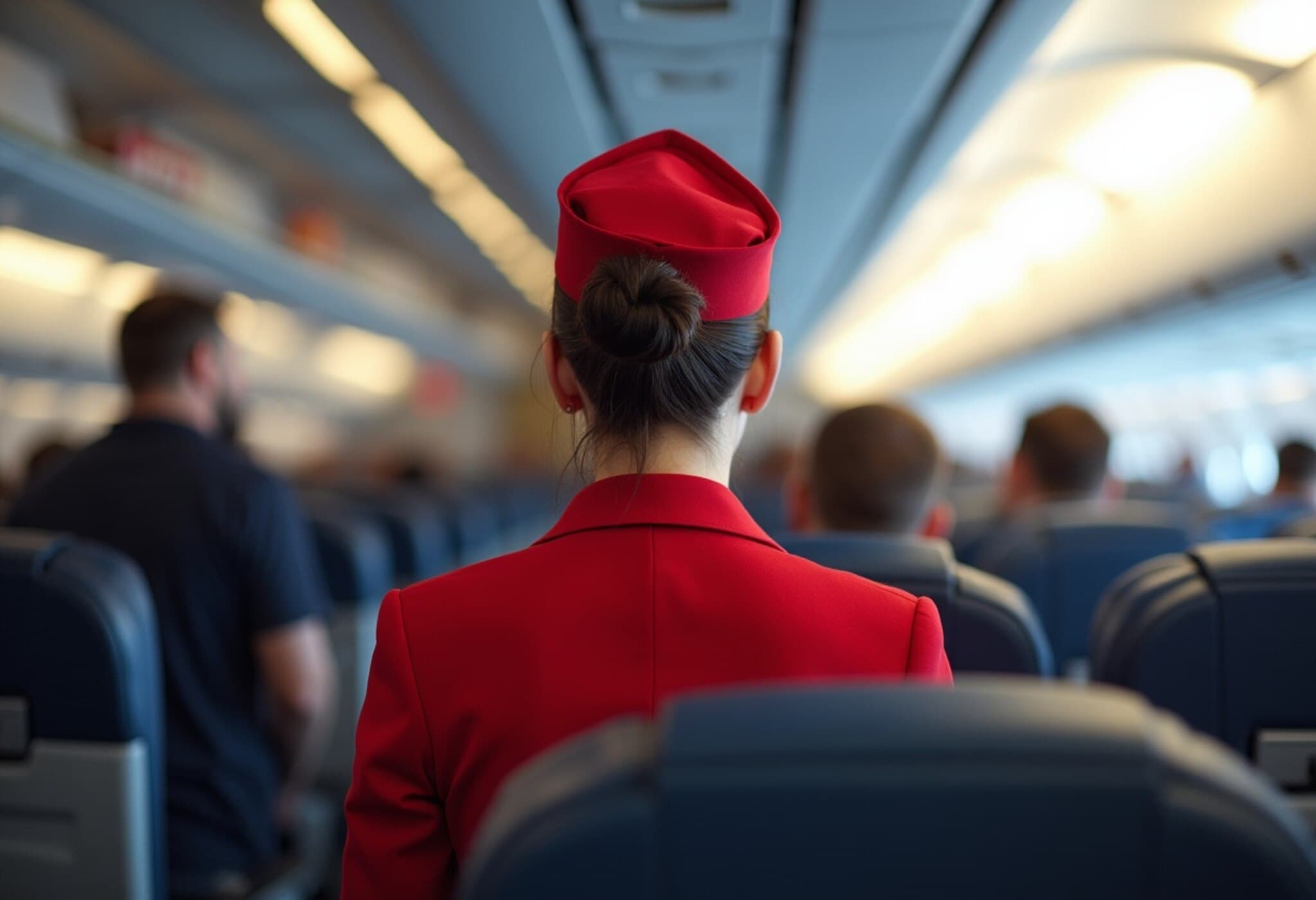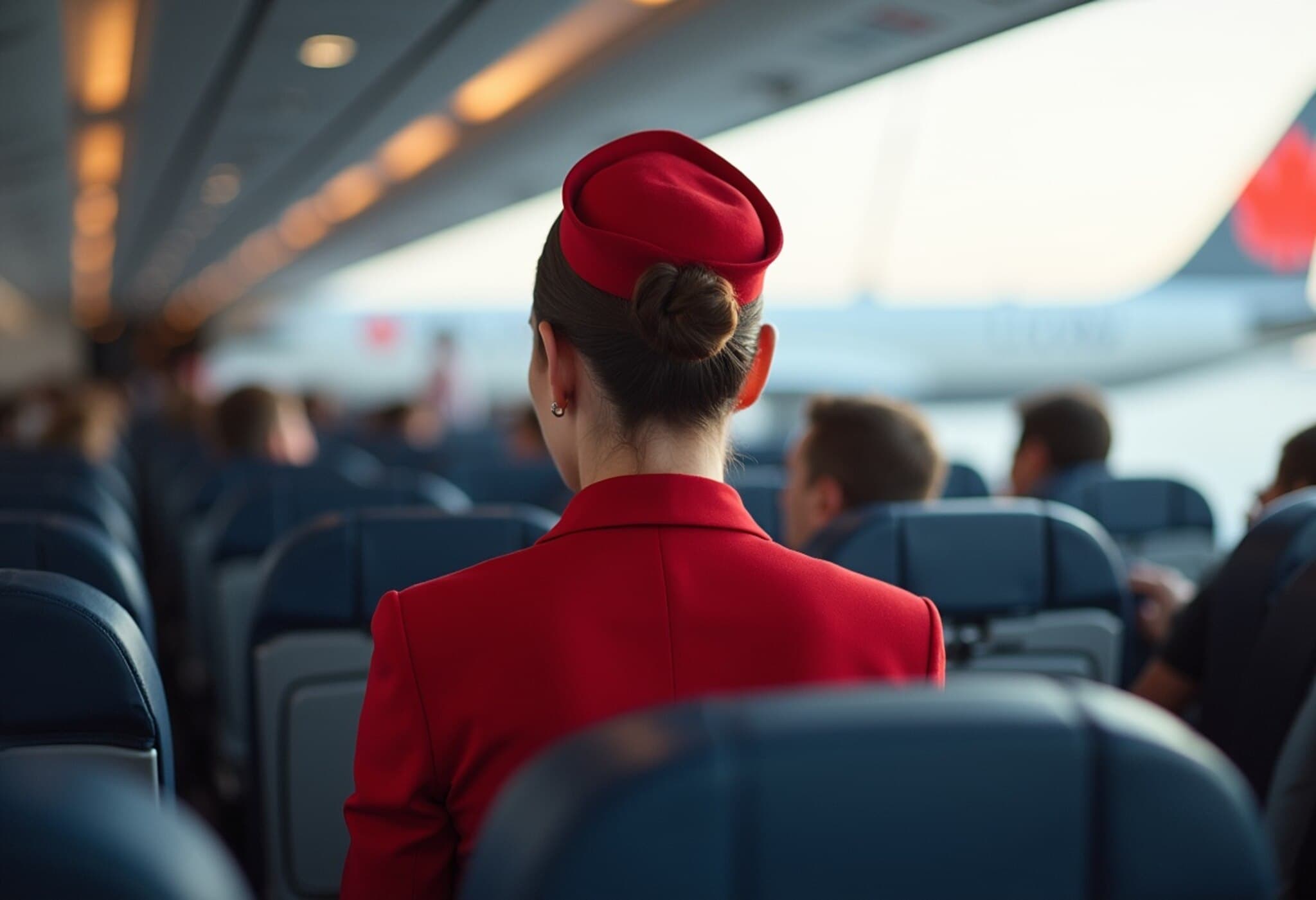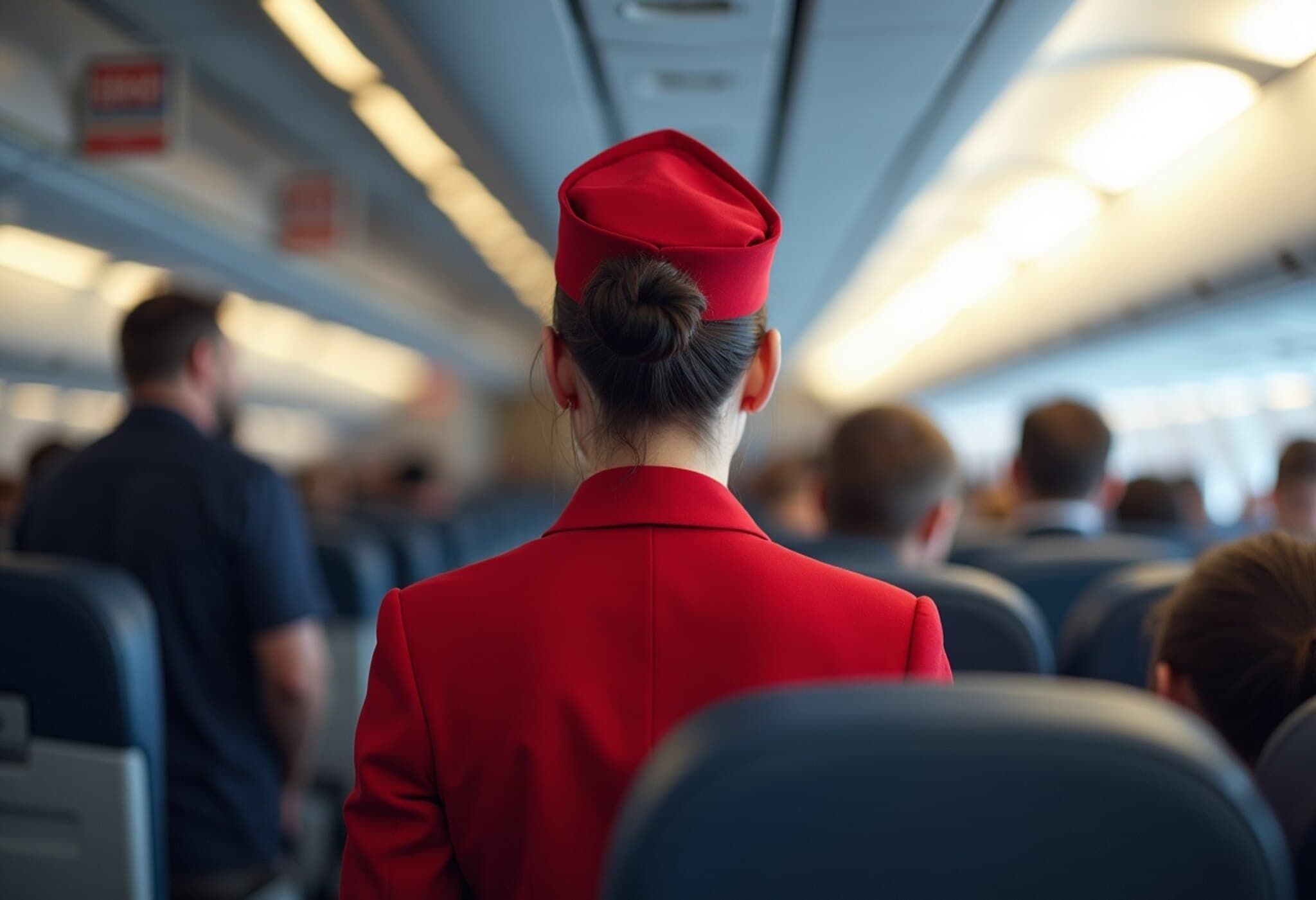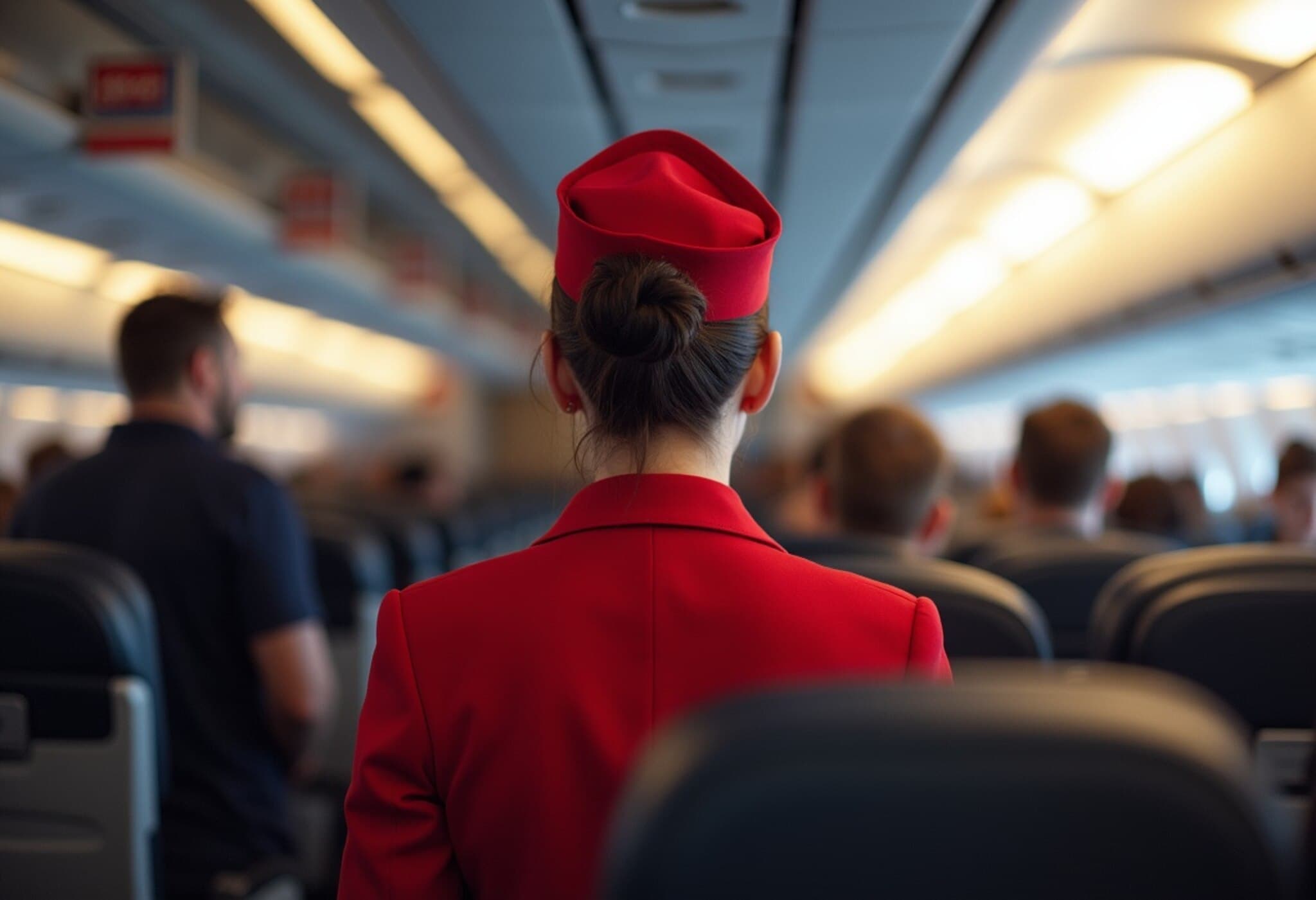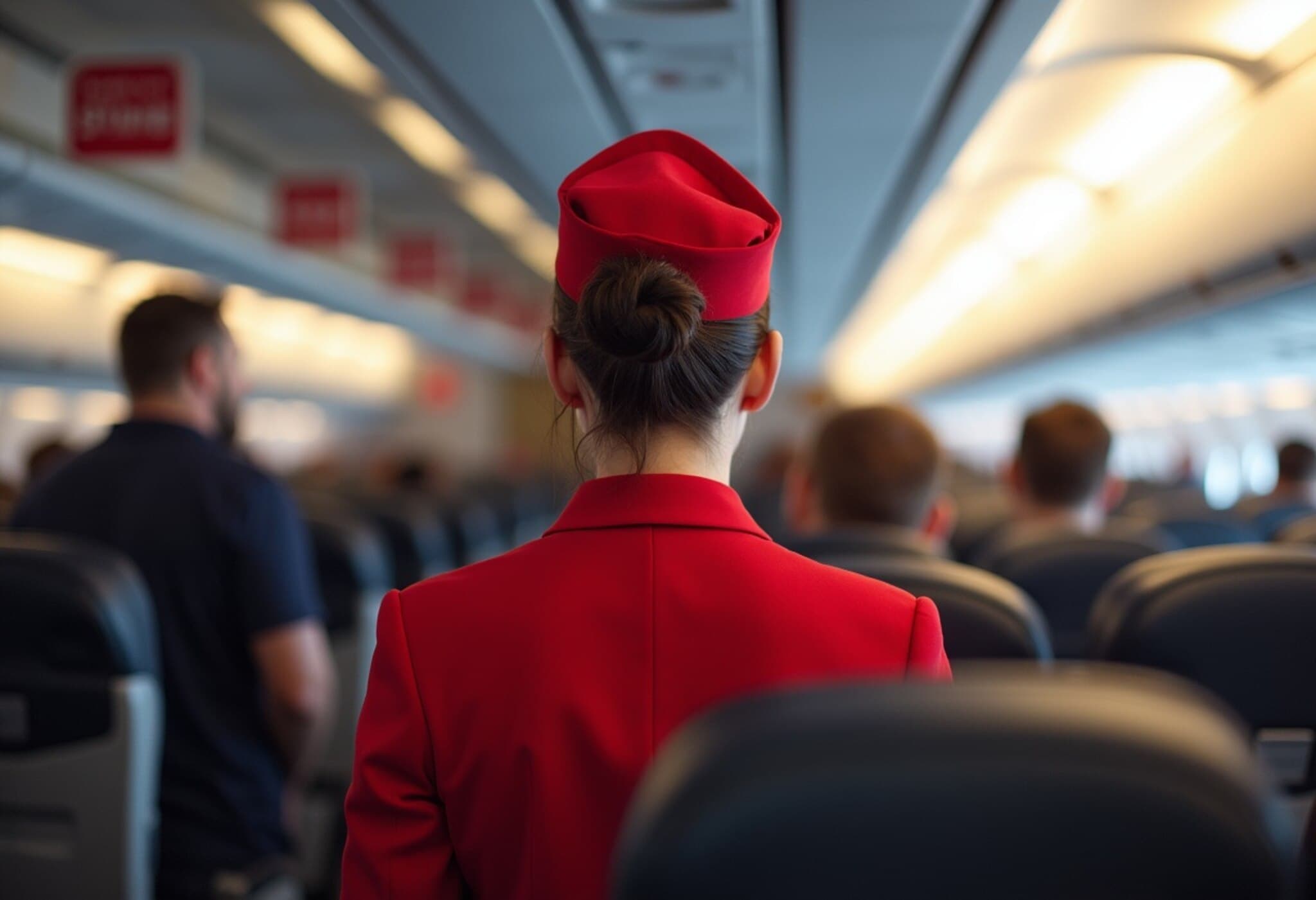Air Canada Flight Attendants Gear Up for Nationwide Strike
As tensions escalate between Air Canada and its flight attendants, more than 10,000 members of the Canadian Union of Public Employees (CUPE) are preparing to strike starting early Saturday morning, threatening to ground flights and disrupt travel plans for thousands worldwide. The strike, scheduled to begin at 1 a.m. EST (10:30 a.m. IST), follows weeks of deadlocked negotiations with the airline over critical issues such as wages, work hours, and employee benefits.
Union Appeals to Government for Independence in Negotiations
Despite the looming shutdown, CUPE has made a public appeal to Canada’s federal Jobs Minister, Patty Hajdu, urging her not to intervene in the ongoing labor dispute. The union insists that government involvement could undermine fair collective bargaining and hamper the chances of reaching an equitable resolution.
"Instead of continuing good faith negotiations, Air Canada seems to be preemptively banking on government intervention and has halted meaningful discussions, violating its legal duty to bargain in good faith," CUPE stated in its latest press release.
The Airline’s Request for Arbitration
In a counter move, Air Canada asked the government to enforce binding interest arbitration under Section 107 of the Canada Labour Code, a legal provision that would bring an arbitrator into the negotiation process to resolve the dispute. This request was denied by the union, which prefers to maintain direct negotiations without mandated arbitration.
What’s on the Table? Air Canada’s Offer
Air Canada has offered a considerable 38% increase in total compensation spread over four years. This package also includes improvements in ground pay, work-life balance, career advancement opportunities, and pension plans. However, the union finds these terms insufficient considering the demands and stresses placed on frontline workers during and after the pandemic.
Flight Cancellations and Passenger Impact
With negotiations at an impasse, Air Canada has preemptively canceled approximately 500 flights scheduled for Friday and Saturday, affecting more than 55,000 passengers globally. As of Friday noon, 294 flights were already canceled.
The cancellations primarily affect Air Canada and Air Canada Rouge flights, which will be grounded during the strike. However, flights operated by Air Canada Express through partner airlines Jazz and PAL will continue operating as usual, somewhat mitigating the disruption.
Wider Implications
Air Canada operates a massive global network that spans approximately 65 countries and six continents, with a fleet of 259 aircraft. The strike not only poses significant economic consequences for the airline and Canadian aviation industry but also threatens the travel plans of international tourists and business travelers alike.
Expert Insight: The Broader Labor Context
This strike is emblematic of a wider trend seen worldwide as essential workers demand fair compensation and better labor conditions post-pandemic. Airlines globally have faced similar labor disputes, navigating between maintaining profitability and addressing workforce grievances.
From a policy standpoint, the Canadian government's role in such high-stake disputes often balances carefully between protecting economic stability and respecting workers’ rights to organize and bargain. Federal intervention through arbitration can bring faster resolution but may also come at the cost of union autonomy and perceived fairness.
What’s Next?
With the strike taking effect early Saturday, travelers are urged to check flight statuses and alternative arrangements. The coming days will likely see either renewed negotiations or government intervention if the work stoppage severely disrupts critical transportation networks.
Questions Worth Considering
- Will the government step in despite CUPE’s appeal?
- How will prolonged disruption impact Canada's aviation sector in the post-pandemic recovery phase?
- Could this strike influence labor relations across other sectors struggling for fair treatment?
The Air Canada flight attendants’ strike highlights the perennial conflict between labor rights and corporate interests. For travelers and policymakers alike, understanding the nuance—beyond just flight cancellations—is crucial. How governments navigate such disputes sets important precedents for workers’ rights and economic resilience in a rapidly changing global marketplace.

